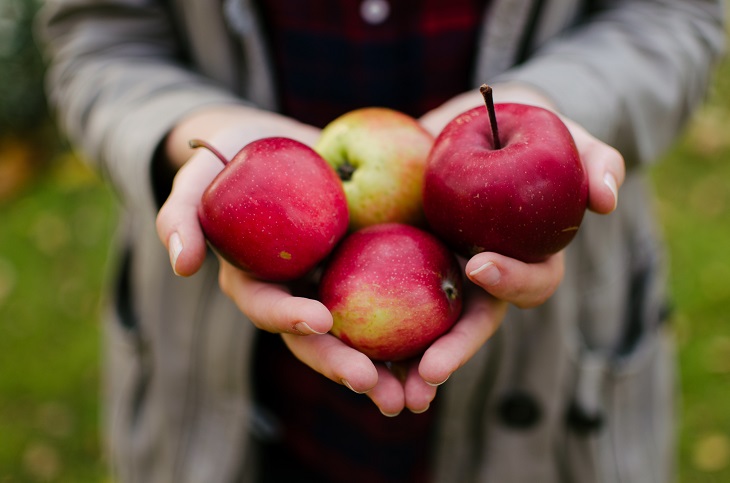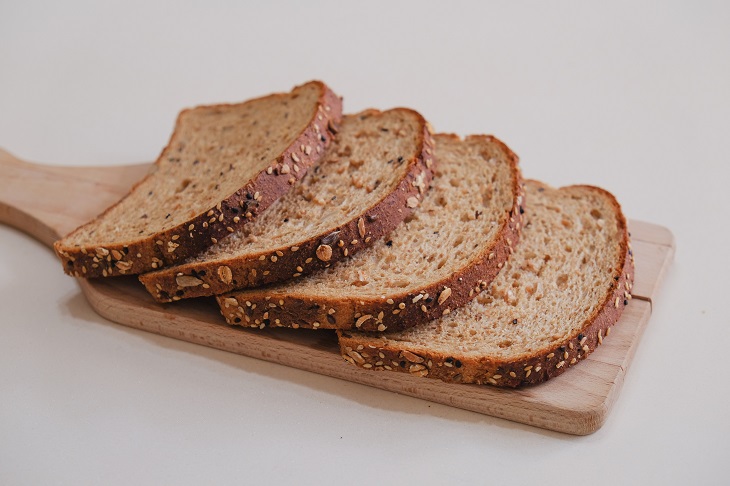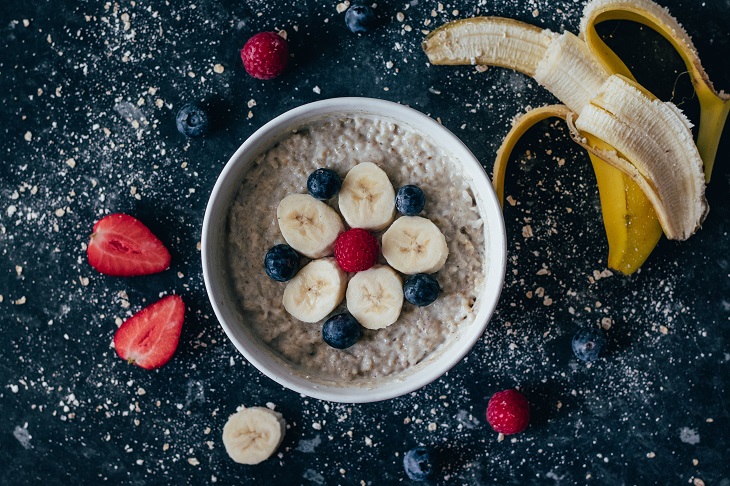Food is a vital piece of the health puzzle – without it, of course, the body would cease to function. In this day and age, eating means more than simply fueling your body. From social gatherings to family bonding, eating has become a centrepiece in many people’s lives.
When it comes to energy levels, diet is the be-all-end-all. Without eating the right foods, the cells in your body will not have the fuel they need to perform, and you will end up feeling tired and fatigued. But what foods are best to keep your energy up? Let’s take a look at some of the different natural foods that boost energy levels.
Foods for energy
Food is essential for all bodily functions but crucial for your energy levels. Everything you eat contains certain nutrients or substances that can make or break your energy. If you eat a wholefood-rich diet, you’re likely getting the vitamins and minerals the body needs to function correctly. However, if a lot of what you eat has additives or is heavily processed, you’re consuming substances that will eventually harm how well your cells perform their jobs, leading to fatigue.
The good news is that changing your diet to help boost your overall health and energy levels isn’t difficult, and you don’t have to give up everything you love to eat. You can treat yourself in moderation while incorporating good energy-boosting foods to help you ward off those pesky and lingering feelings of tiredness.

What foods boost your energy levels naturally?
Various wholefoods provide the energy you need to tackle your daily life. Foods that contain energy-boosting nutrients such as protein, iron, potassium, CoQ10, B vitamins, carnitine, and creatine are your best option. Let’s delve into some of the foods that contain these nutrients.
Animal-based proteins
Animal-based proteins contain essential vitamins and minerals that are required for energy. The best animal proteins for the abovementioned key nutrients include:
- Chicken
- Turkey
- Eggs
- Cheese
- Milk
Other animal proteins such as beef and pork also offer nutrients, but they also contain other substances, such as excess amounts of fat, that could stall energy production in your body. That is why it’s best to stick to leaner meat products if you want to reap the benefits of energy-boosting nutrients. That way, you will avoid excess substances that could cause more harm than good.
Plant-based proteins
Plant-based proteins are often used as substitutes for people who don’t want to consume much or any meat. However, most plant-based proteins are incomplete, meaning they don’t contain all the amino acids required to build protein in the body. Because of this, you will need to eat more of them to get the same benefit as their animal-based counterparts.
The nutrients mentioned above can be found in the following plant protein foods:
- Almonds
- Amaranth
- Cashews
- Chia seeds
- Peanuts
- Pistachios
- Pumpkin seeds
- Quinoa
- Sesame seeds
- Walnuts
- Black beans
- Edamame
- Soybeans
Fruits
Fruits are an essential part of any healthy diet for many reasons. When it comes to energy levels, fruits contain vital nutrients that help cells in the body stay energized. The best way to consume fruit is fresh and whole.
If you want to battle fatigue, you can choose fruits such as:
- Apples
- Avocados
- Bananas
- Blueberries
- Dates
- Goji berries
- Cantaloupe
- Lemons
- Oranges
- Raisins
- Strawberries
These contain vitamins and minerals such as CoQ10, magnesium, potassium, and iron – all of which will fuel your cells to perform appropriately.

Vegetables
Similar to fruit, vegetables should be included in everyone’s diet. While each vegetable contains its own nutrient content, all veggies have something to help power your cells with what they need to get things done. When it comes to energy levels, some vegetables may be better than others.
Some good vegetables to incorporate into an energy-boosting diet include:
- Asparagus
- Broccoli
- Carrots
- Cauliflower
- Spinach
- Squash
- Sweet potatoes
Magnesium and potassium are found in all of the foods mentioned above. Others contain extra nutrients such as iron, CoQ10, and protein to help increase the boost you’ll get when eating them regularly.
Grains
Wholegrains are complex carbs. They are broken down by the body slowly, with the nutrients used more effectively. They also contain more nutrients than simple carbs and are lower on the glycemic index.
Because of their vitamin and mineral content, wholegrains are a perfect addition to an energy-boosting diet. Some of the best options include:
- Brown rice
- Oatmeal
- Whole wheat
- White rice
- Fortified breakfast cereals
When it comes to fortified cereal, you’ll want to choose an option with the least amount of sugar. Too much processed sugar can hinder your energy levels in the long run.
Dairy substitutes
Eating dairy alternatives can be a great way to get high levels of potassium, magnesium, protein, and B vitamins for people who wish to avoid dairy products. All these nutrients are vital to your overall energy levels. Some of the best options for dairy alternatives include:
- Almond milk
- Cashew milk
- Oat milk
- Rice milk
- Soy milk
- Ice creams and yogurts made from a milk alternative (try to stick with low-sugar options)
If you want to boost your energy levels, regularly incorporating any of these foods is a great way to do it!
Featured image by Maksim Shutov on Unsplash



